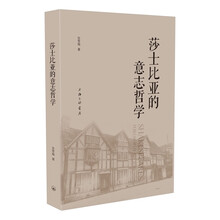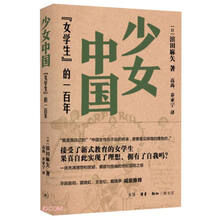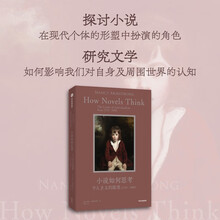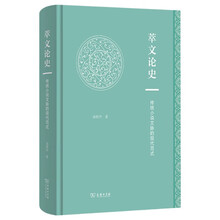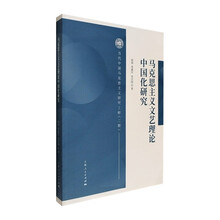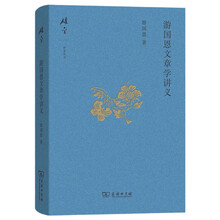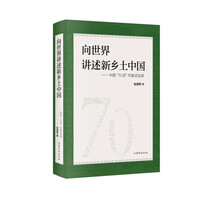The social interpretation of a success like this is concerned with the stage of historical experience evidenced in the poem. In the name of humanity, of the universality of the human, German classicism had undertaken to release subjective impulses from the contingency that threatens them in a society where relationships between human beings are no longer direct but instead mediated solely by the market. It strove to objectify the subjective as Hegel did in philosophy and tried to overcome the contradictions of mens real lives by reconciling them in spirit, in the idea. The continued existence of these contradictions in reality, however, had compromised the spiritual solution: in the face of a life not grounded in meaning, a life lived painstakingly amid the bustle of competing interests, a prosaic life, as artistic experience sees it; in the face of a world in which the fate of individual human beings works itself out in accordance with blind laws, art, whose form gives the impression of speaking from the point of view of a realized humanity, becomes an empty word. Hence classicisms concept of the human being withdrew into private, individual existence and its images; only there did humanness seem secure. Of necessity, the idea of humankind as something whole, something self-determining, was renounced by the bourgeoisie, in aesthetic form as in politics. It is the stubborn clinging to ones own restricted sphere, which itself obeys a compulsion, that makes ideals like comfort and Gemiitlichkeit so suspect. Meaning itself is linked to the contingencies of human happiness; through a kind of usurpation, individual happiness is ascribed a dignity it would attain only along with the happiness of the whole. In none of his expressive impulses does he go beyond what could be genuinely attained in his time. The muchinvoked organic quality of his work is probably nothing other than this tact, which is philosophically sensitive to history and which scarcely any other poet in the German language possessed to the same degree. The alleged pathological traits in Morike reported by psychologists and the drying up of his production in later years are the negative aspect of his very highly developed understanding of what is possible. The poems of the hypochondriacal clergyman from Cleversulzbach, who is considered one of our naive artists, are virtuoso pieces unsurpassed by the masters of rart pour rart.
展开




